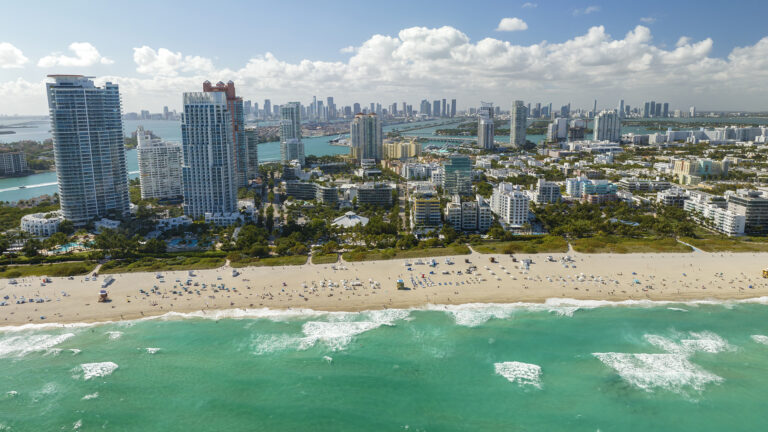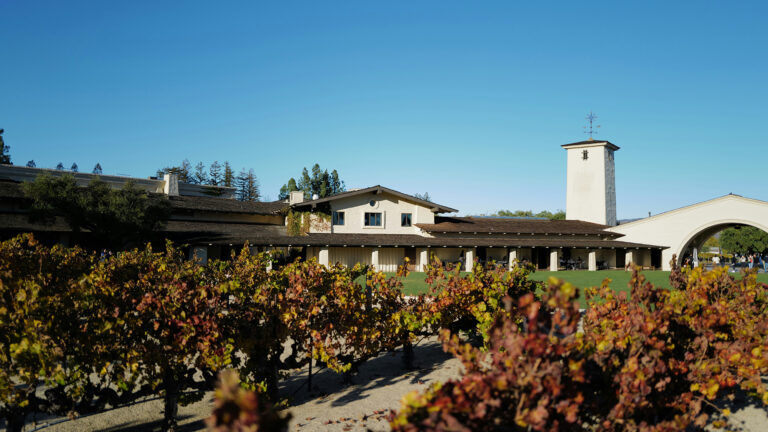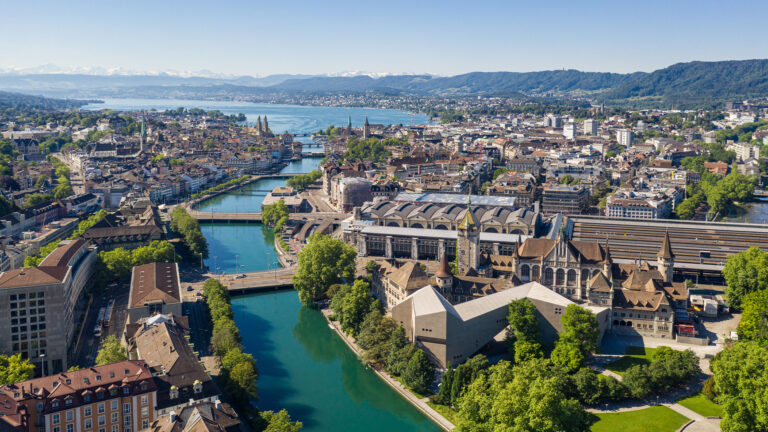By Staff
The Caisse de dépôt et placement du Québec generated a net return of 9.4% in 2024, increasing its assets under management to C$473.3B.
According to the pension fund’s latest annual report, its net assets increased by C$39.1B, with the boost attributed mainly to its equities and infrastructure portfolios. In its annual report, chief executive officer Charles Emond said the fund financed more than C$4B in new investments and commitments, including in crucial areas such as engineering, data centers and supply chains.
“Our assets in Quebec have now reached C$93B, another step closer to our goal of C$100B by 2026.”
Equities posted a net return of 25.5%, increasing assets in the portfolio to C$27.3B in 2024, outperforming its benchmark index (24.1%). The equity markets portfolio was the main performance driver among CDPQ’s major portfolios, with gains in part credited to the increased exposure in recent years to growth and tech stocks, stimulated by advances in artificial intelligence.
All the major mandates performed well, with the quality mandate being the top contributor to the 2024 results, both in weighting and in its portion focused on growth company stocks. CDPQ’s Canada mandate benefited in part from growth in stocks, such as AtkinsRéalis and Dollarama. Notably, its growth markets mandate also performed well due to the strength in certain Asian stock markets.
Despite a slowdown in the private equity space due to rising interest rates, CDPQ’s PE portfolio returned 17.2% or 13.0B for the year, missing its benchmark of 20.8%. Over five years, the portfolio saw an annualized return of 15.4% (or $49.8B), outperforming its benchmark for the period (14.1%). The portfolio’s performance was helped by allocations to the financial, consumer goods and technology sectors, as well as an advantageous positioning in Quebec. The fund also noted that direct investments were driven by leveraged buyouts, particularly in North America and Europe.
Key transactions included a minority stake in Quebec-based metals and mining company Magris Canada, a 9% stake in U.S. accounting and tax consultancy Grant Thornton United States, minority co-investment in SaaS solutions provider Aareon Europe, sale of a significant portion of the fund’s stake in insurer Sedgwick, a US company, and Germany’s Techem, a residential energy efficiency services provider.
CDPQ’s fixed income portfolio returned 1.8%, just shy of its benchmark index (2.0%), generating $0.9B. Over a five-year-annualized period, the portfolio generated -0.1% or C-$1.9B. The rise in long-term bond yields affected fixed income activities. The plan noted a significant impact from the customized rate exposure, which ensured a better match with long-term liabilities and greater diversification, albeit more sensitive to rate fluctuations.
With interest rates rising as they have in recent years, the use of this product limited the performance of CDPQ’s total portfolio (see Table 21, page 42). Conversely, depositor plan liabilities saw a general decrease, which, combined with the return on assets, improved their financial health.
Among its real assets portfolio, infrastructure returned 9.5% (C$5.5B). The CDPQ attributed the growth to additional investments in selective high-performing companies, including C$575M to Énergir to support its growth and the execution of its decarbonization and climate resilience plan. The fund also invested C$210M in Verene Energia Brazil, a strategic 77-mile electricity transmission asset located in the north of the country. It also acquired a 25% stake in First Hydro Company United Kingdom, which manages pumped electricity storage and generation facilities in the U.K. and C$745M to secure a joint-controlling interest in New Zealand-based telecommunications company, Connexa.
Real estate experienced challenges, particularly in the commercial retail and office sectors stemming from the continued rise of e-commerce and remote working. In this context, the five-year annualized return was -2.2%, compared to the benchmark for that period (0.7%). The portfolio returned -$4.7B in 2024.
CDPQ also noted that it has implemented major changes to the RE portfolio since 2020, including a $50B repositioning (acquisitions and sales) to increase the weighting of more profitable sectors, such as logistics and residential. It is also outsourcing property management of shopping centers in Canada and integrated its real estate subsidiary, Ivanhoé Cambridge, into CDPQ, in spring 2024.













